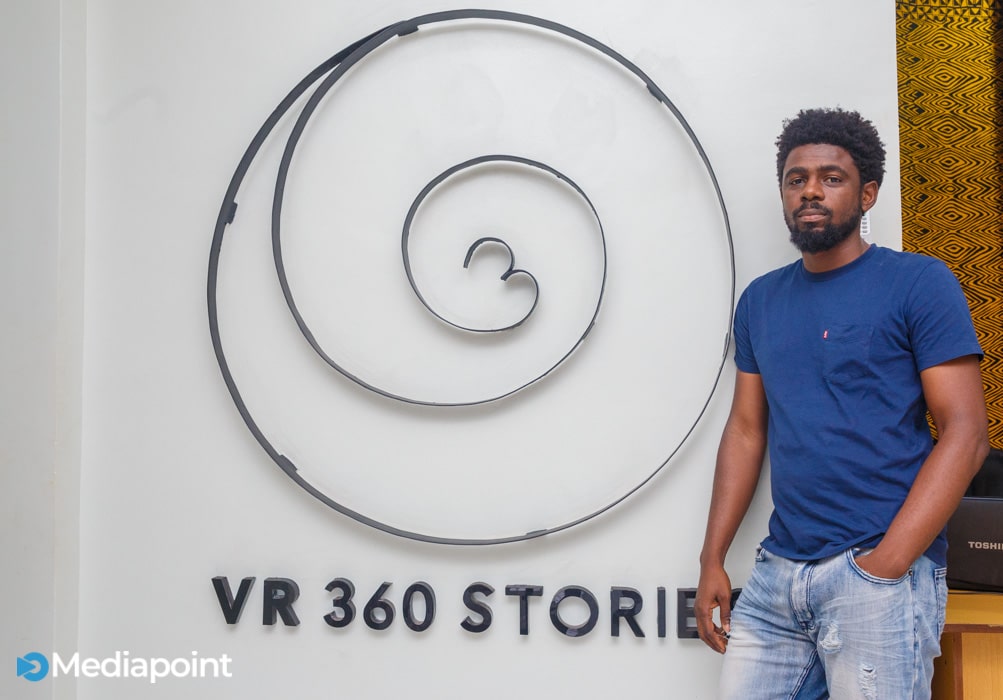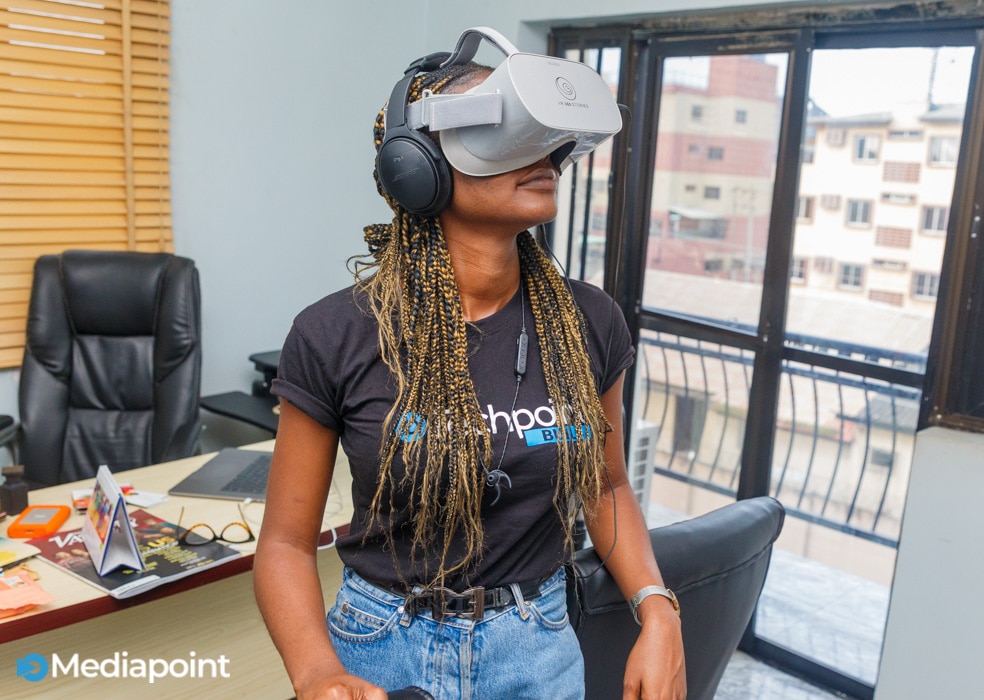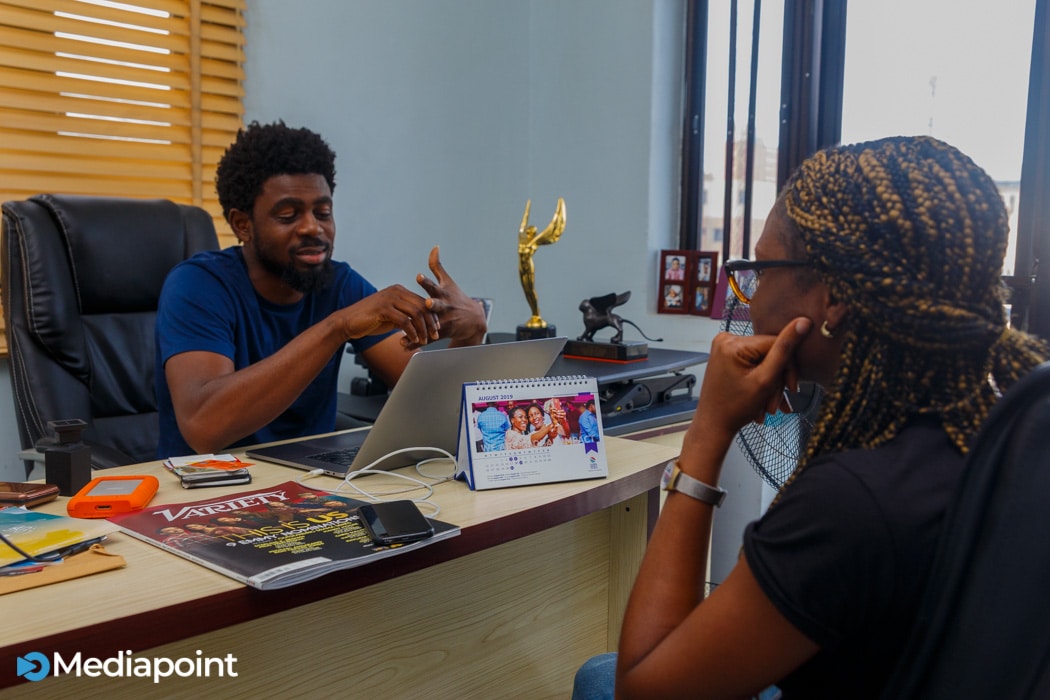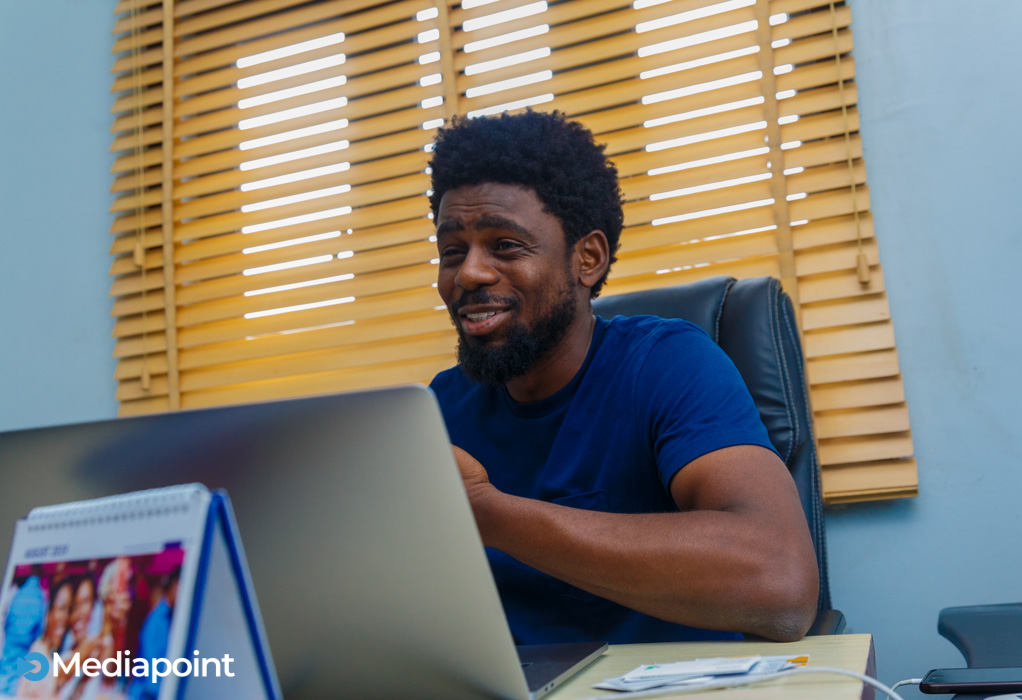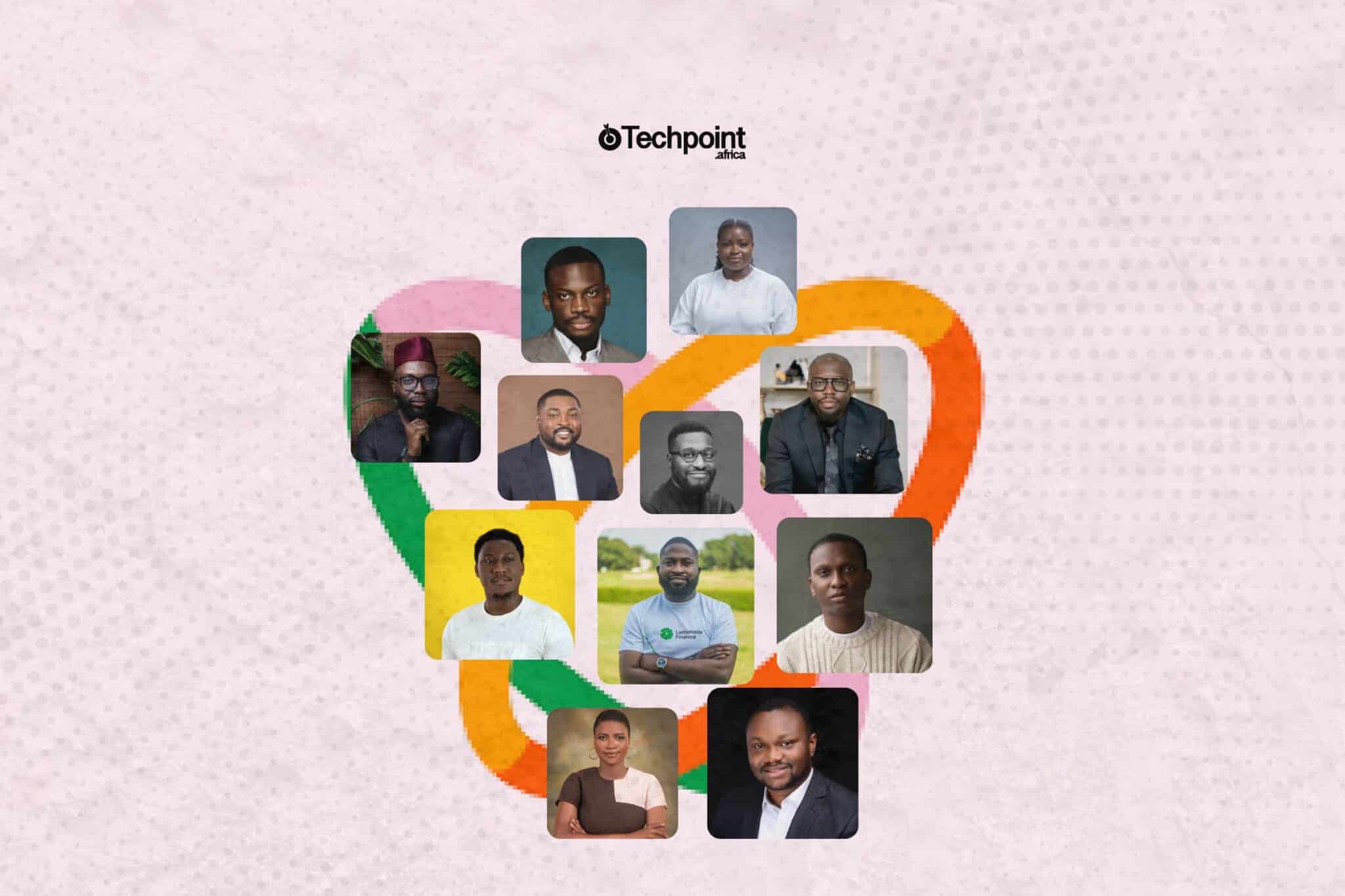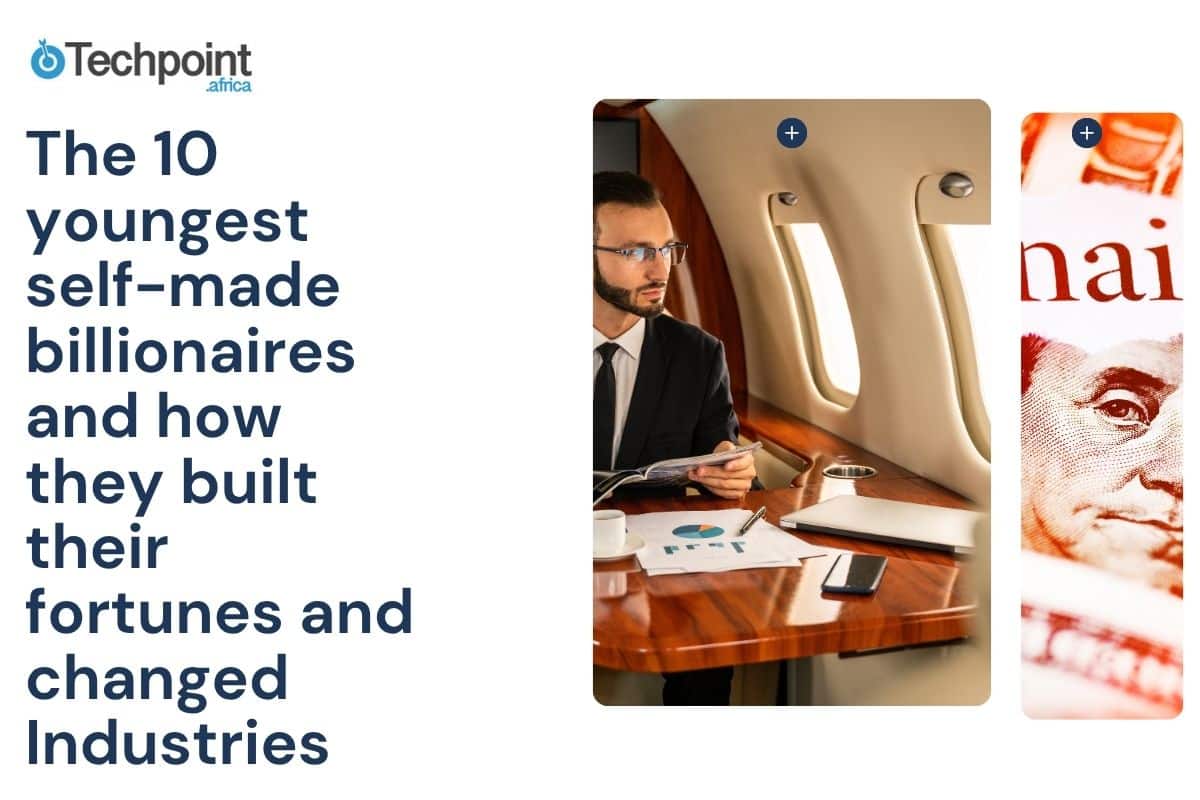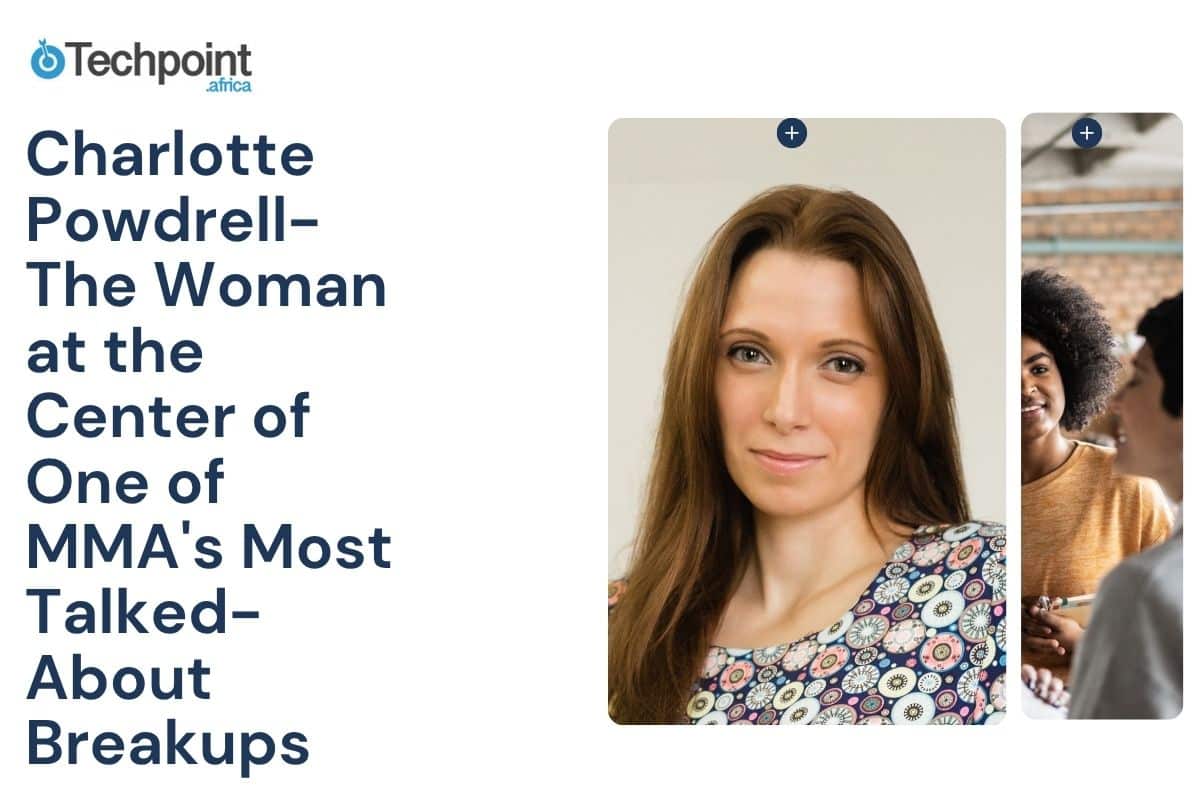On one warm Tuesday evening, somewhere in the heart of Yaba in Lagos, I was transported into the world of Yana Galang, in the quiet agrarian community of Chibok, Borno state in North Eastern Nigeria.
While I adjusted my virtual reality (VR) headset, turned my head up, down, left, and then right to experience her world, Yana narrated the story of her life after her daughter, Rifkatu, was kidnapped alongside 275 girls by men of the Boko Haram terrorist organisation in 2014.
The emotional VR documentary titled Daughters of Chibok took me through Yana’s home, her farmland, and the Chibok Government Secondary School where the girls were abducted.
It was a struggle to hold back tears while hearing the heartbreaking story of a woman who has waited five years with the hope of someday reuniting with her daughter.
“Rifkatu my daughter, for five years I have wept and waited, praying for you to return. I will not stop praying for you. I will never stop, and I know that one day my prayers will be answered,” she says in the documentary.
Joel ‘Kachi Benson, a Lagos-based filmmaker and the founder of VR360 Stories, produced and directed Daughters of Chibok.

The documentary, which was released in April 2019, gained international recognition when it was accepted into the 2019 Venice Film Festival, one of the biggest film festivals in the world.
“Being accepted was a big deal for me,” Joel told Techpoint during a recent chat. “I remember practising what I’d say at the opening day press release. I didn’t expect that it would go beyond that.”
But it did. At the festival’s closing ceremony on September 7, 2019, Daughters of Chibok won best virtual reality story, making it the first African film to win a Venice Film Festival award.
This is the story of Joel Benson’s journey from a struggling teenager to an award-winning internationally acclaimed filmmaker.
Growing up was rough
Joel was born into a middle class family in Lagos, Nigeria. Up until he was about 10 years old, he lived quite a comfortable life, attending one of the best schools in Lagos at the time.
“Then my dad was transferred to Enugu. So I attended College of the Immaculate Conception (CIC), Enugu. Around that time, my parents started having issues and my dad stopped his job.”
Eventually, his parents separated. Joel’s mother moved back to Lagos with his siblings while he decided to move to Abia state with his dad. When Joel was about 17 years old, his dad left.
“I was all alone then. When you leave a 16/17-year old boy all by himself, he tends to get involved with the wrong crowd and get into trouble. It was getting more and more dangerous.”
At that point, Joel decided to do more with his life. One day, with no money in his pocket, he hopped on the next night bus to Lagos to reunite with the rest of his family. Joel remembers standing all through the journey from Abia to Lagos without an idea of how and where to find his family.
“I found them eventually. The first thing my mum asked me was about my plans for my education. I decided to write the polytechnic Joint Admissions and Matriculation Board (JAMB) examination. Unfortunately, she took ill and passed on about three days before the exam.”
That ended Joel’s dreams to pursue a tertiary education. With family members unwilling to help, he had to take on menial jobs to earn a living; he was about 18 years old at the time.
At some point, he and his younger brother began to sleep in a church because their one-room apartment became too small for him and eight other family members.
“At the church, one lady took pity on us and decided to send us to school. Shortly after, I enrolled at Aptech where I did a diploma programme in software engineering and a certificate programme in information systems management.”
He was about 21 years old at the time.
Discovering filmmaking
Around this time, Joel Benson had a friend who was a production assistant on Nollywood movie sets. His friend introduced him to Nollywood actor Chidi Mokeme and producer Shola Akinbo.
“They used to run an outfit called Mom and Dad (MAD) House Production in Adeniran Ogunsanya, Surulere — these were some of the pioneers of visual effects in Nigeria. They took me in as their younger brother so I’d go hang out with them, watch them do their thing, run errands for them, and watch movies all day. I also started writing movie scripts.”
At this point, Joel was trying to figure out what he wanted to do with his life. For him and a few of his friends, the answer was outside the shores of the country.
“We had no money, no passports, nothing! But we were determined to leave. The idea was to travel by road to Libya and then find our way to Europe from there.”
“When it was time to travel, my friends had been able to raise some money from their parents. Since I had no parents to run to, I couldn’t raise the money. I cried that day as I watched them leave. They promised to send for me when they succeed in Europe.”
After his friends left, Joel moved on with his life, making money from doing odd jobs, hanging out in Shola Akinbo’s film studio and trying to understand the movie making business. At the time, he had a camcorder he was messing around with.
“In 2005, about two years after my friends left Nigeria, one of them returned and was looking for something he could invest in. I convinced him to buy a computer I could use to edit videos and so we bought an iMac.”
Joel still could not edit videos at this time. So he enlisted the help of a video editor who was willing to teach him in exchange of a few errands and household chores.
6Team: The gospel boy band
While still trying to figure out filmmaking, Joel’s younger brother started a gospel group with his old friends and invited Joel to join them. And so 6Team was born.
“We were getting invites to perform at different places and then we had the opportunity to go on tour in London. Since I had always wanted to go to film school, I took some time during the tour to visit and apply at the Central Film School, London.”
After the tour, the group returned to Nigeria. Joel added the money he was paid to some additional money he raised and went back to the United Kingdom for a foundational course in filmmaking that lasted for two months. When he returned to Nigeria, he made his first documentary.
“I was drawn to documentaries because I had done a couple of other videos including music videos and I didn’t like the process of making them. They had too much drama and were too tedious for things that weren’t real. I realised then that I only wanted to tell real and inspiring stories.”
The first documentary Joel made was of Little Saints Orphanage, one of the oldest private orphanages in Lagos. The documentary was accepted into the London Film Festival and got him a recommendation for a film fellowship organised by Hollywood actor and director Tim Reid.
“That documentary got me a recommendation but another documentary I made about the Nike Art Gallery got me into the fellowship.”
Becoming a filmmaker
At this point, Joel had become a full-fledged filmmaker. He was already taking on commissioned work from the likes of the Ford Foundation and MTN Foundation. However, something was missing.
“I was still concerned about my storytelling skills; I felt that I could tell the stories better. I applied and enrolled for a storytelling course in the US. It was quite expensive; it cost me $7,000 for a week but it was worth it.”
After the training, Joel Benson returned to Nigeria and immediately started working on Still Standing — a documentary about a lady with sickle cell. The film won an Award of Recognition at the 2016 Impact DOCS Awards.

In 2017, while making a documentary about the impact of the Boko Haram insurgency on women and children in North East Nigeria, someone told Joel about Virtual Reality and the 360 camera for the first time, but he didn’t get it.
“I told him I had never heard of the 360 camera before and I didn’t think I wanted to add another camera to the ones I already had.”
Making Nigeria’s first virtual reality film
Joel heard about VR for the second time a while after from one of his respected clients. This time, he had no choice but to check it out.
“She told me she wanted me to create a 360 video for her or find someone who could. So I went online to look for people who make 360 videos within Nigeria but I could not find any.”
But he discovered something else; the many possibilities of virtual reality. Shortly after, Joel cleared out his savings and flew to the US to acquire a 360 camera. While he was there, he enrolled for a one-week 360 video production course that he says cost him $1,000 per day.
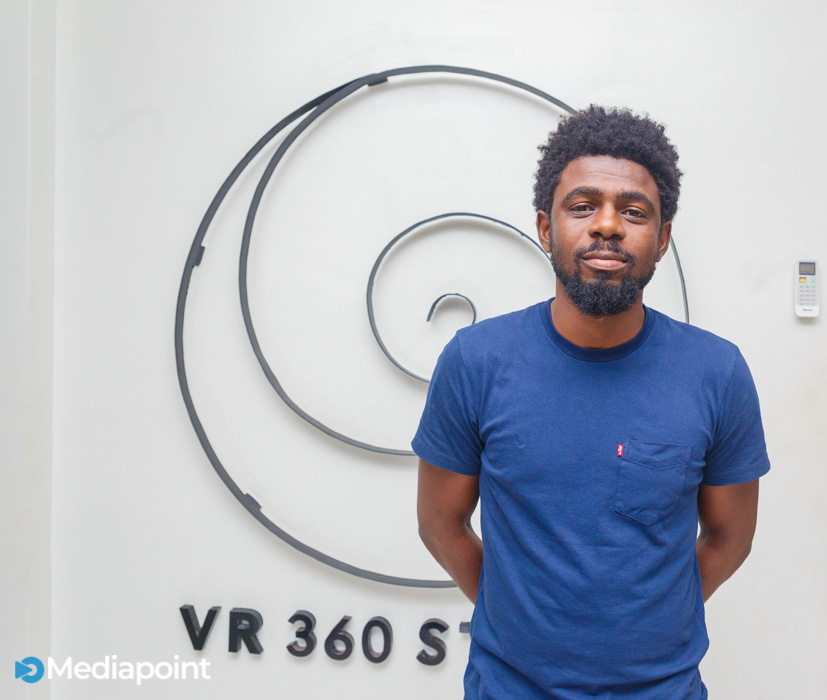 Back to Nigeria, Joel returned to the North East and decided to tell the story of a young orphan who was displaced from his home by the insurgency, using VR. The documentary — In Bakassi — was presented a few weeks later at the launching of the NorthEast Innovation Hub, Yola that was commissioned by Vice President Yemi Osinbajo.
Back to Nigeria, Joel returned to the North East and decided to tell the story of a young orphan who was displaced from his home by the insurgency, using VR. The documentary — In Bakassi — was presented a few weeks later at the launching of the NorthEast Innovation Hub, Yola that was commissioned by Vice President Yemi Osinbajo.
“It premiered at the Cairo Film festival. The first time ever a VR film by a Nigerian was played internationally. And then it went to Berlin and then to Hot Docs — the largest documentary film festival in North America.”
Giving back
After In Bakassi, Joel and his team were working on another commissioned project that involved tracing the origins of Boko Haram. The project took them through Chibok.
“I had always been connected to the Chibok story on some level. I was once kidnapped for 12 days, so I understand what these women are going through. I have also always wanted to tell the story of Chibok because some people think it’s fiction and I wanted to prove that it is real.”
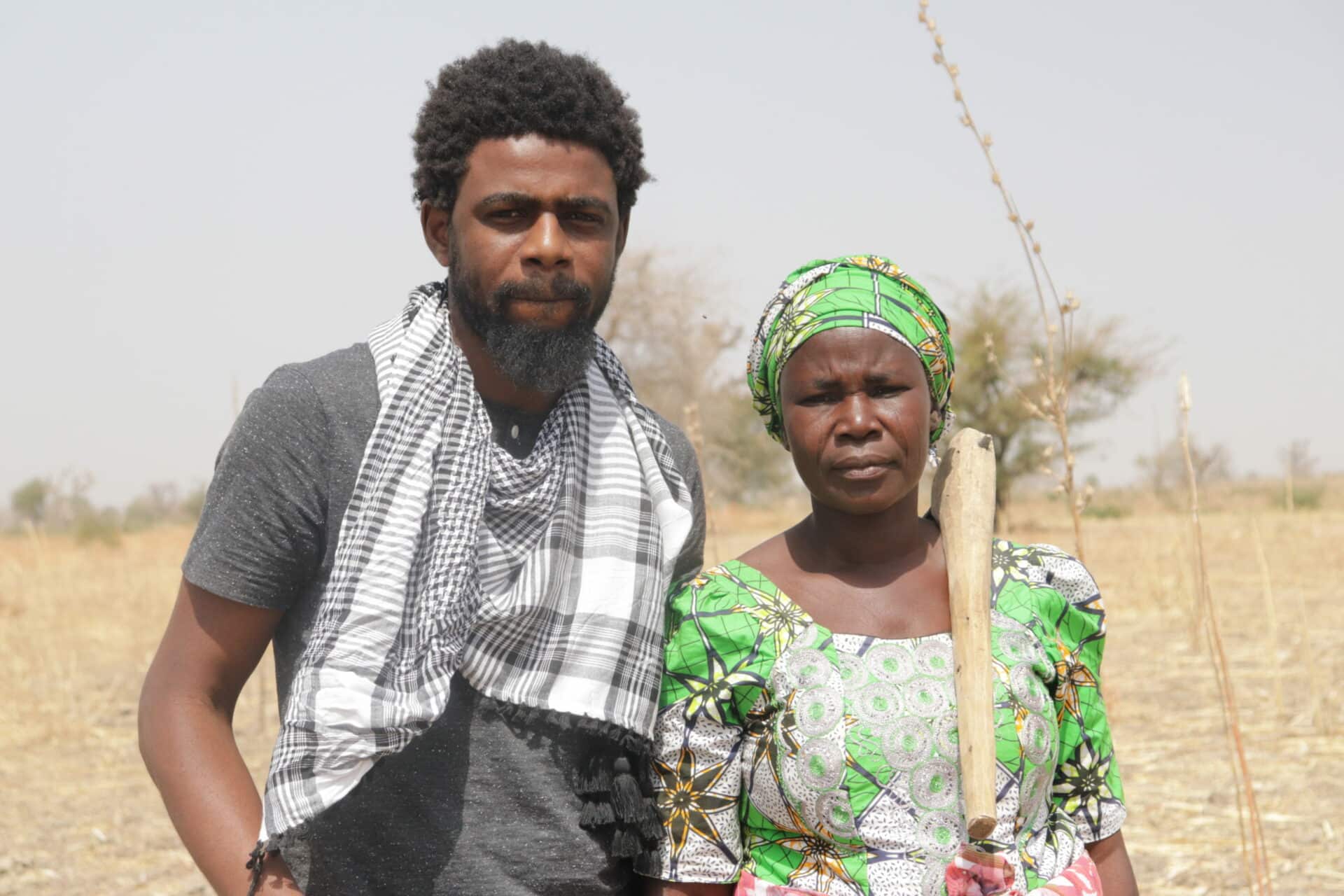
But Joel didn’t stop at just telling the story, he wants to raise some money to help make their lives better.
“We created a GoFundMe account and local accounts to raise some money for these women who are mostly beans farmers. The plan is to impact 112 women because they’re still 112 girls missing. Already, a few of us raised some money, went to Chibok and bought about 40 bags of fertilizers for 10 women. But the journey is still far.”
Challenges of doing VR in Nigeria
Joel names funding as one of the major challenges the VR industry in Nigeria faces.
“Imagine if I didn’t have my own personal money to invest into this thing, this award would not be sitting here today.”
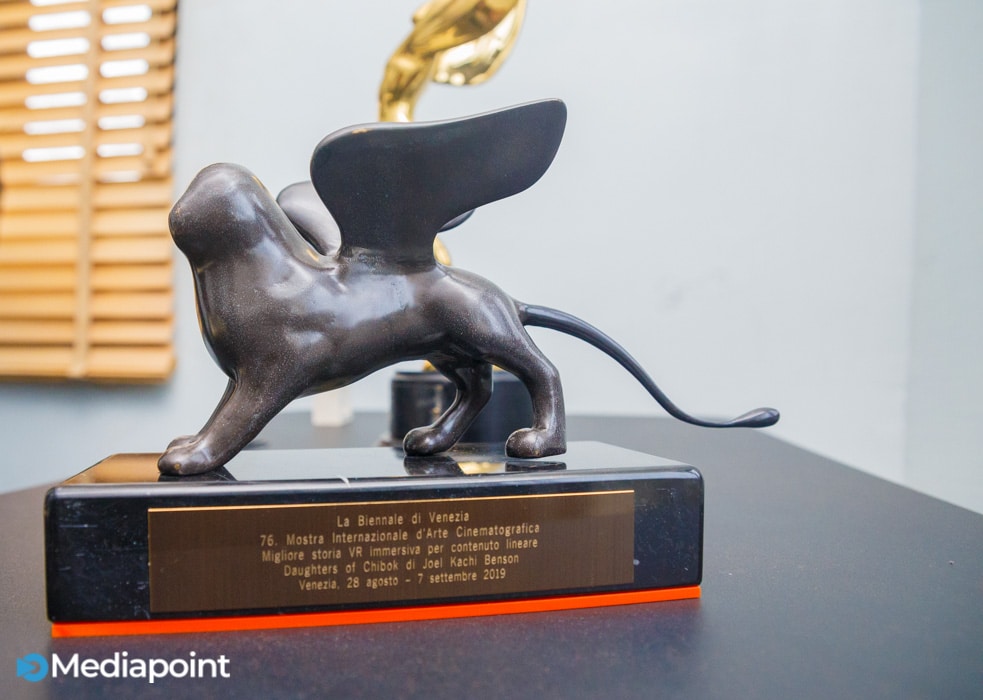
“This is the first time this particular award is coming into this continent. It’s a big deal. We are a very talented people as Nigerians and there’s nothing we cannot pull off but we need support from the government and the private sector.”
“The VR space is very young all over the world so it’s still an even playing field. Many countries, especially in the West, are investing in it and if we’re not careful, we’ll start to play catch up again.”
What’s next?
Joel Benson wants to ensure that Daughters of Chibok achieves its purpose of doing some good for the mothers of the abducted girls.
“I’m also thinking of my next project. I’ve got a few ideas.

